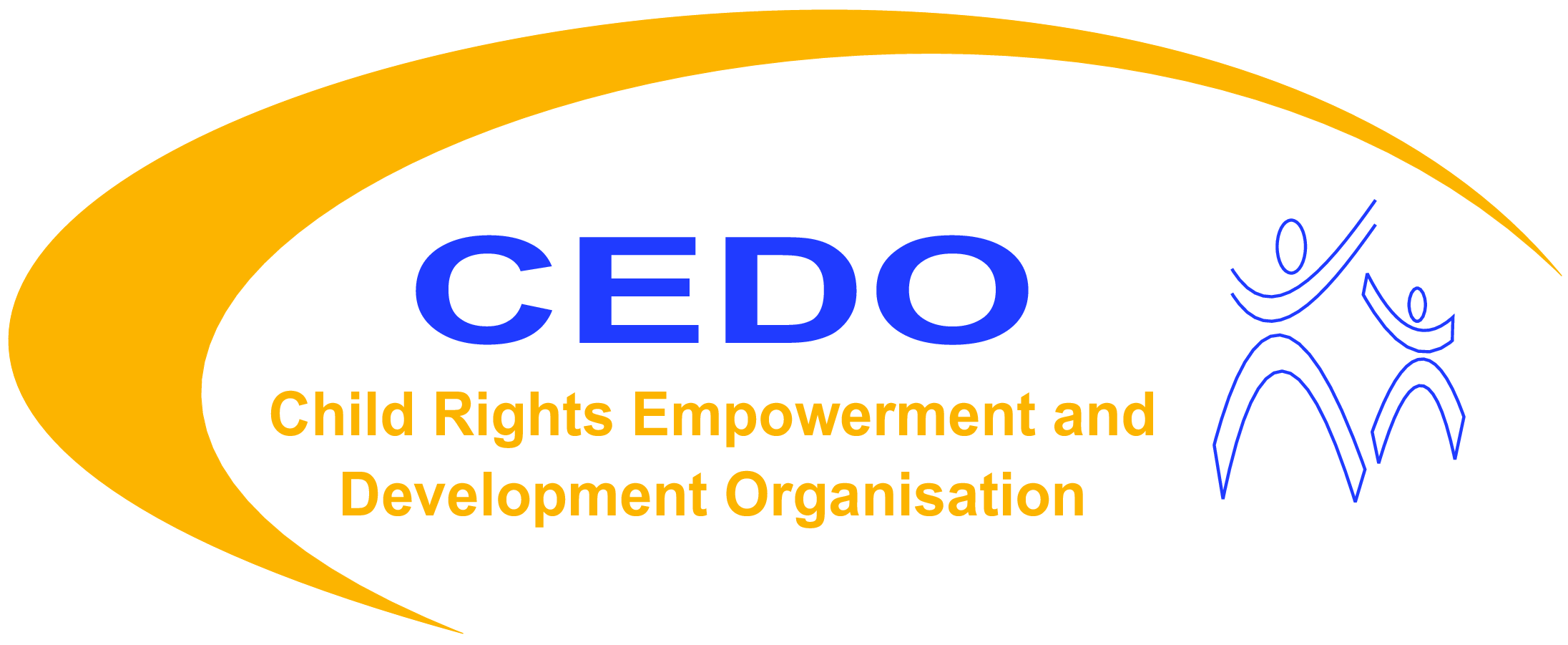



Uganda: Country overview
- CEDO-Uganda has been in operation since: 1992
- Type of programmes: Food & Economic Rights, Justice & Human Rights, and Health (SRHR, HIV prevention and IMCI)
- Reach: Over the last year, CEDO has reached thousands of beneficiaries in the Districts of: Wakiso, Masindi, Jinja, Sheema, Kyegegwa, Kikuube, Sembabule, Nwoya, Hoima, Nakaseke, Kiryandongo, Rukungiri and Buliisa; and parts of Kampala (Kawempe Division).
Facts & Figures
- Population: 35.9 million
Languages: English (official), Swahili & local languages
Gross National Income per capita: $1,124
Population living below $1.25/day: 28.7%
Life Expectancy: 54.1 years
Adult HIV Prevalence: 6.5%
Adult Literacy Rate: 66.8% - (Sources: UNDP Human Development Report 2011; CIA World Fact book)
Uganda is a small, landlocked country in East Africa which has experienced decades of war and unrest, but has been making steady progress since the current National Resistance Movement (NRM) Government took power in 1986.
The north and north east of Uganda have been badly affected by the Kony insurrection and the Government military response, which left up to 1.8 million people displaced from their homes up until 2006. The situation has improved as people returned to their homes to try and rebuild their lives.
While Uganda’s economy is performing well, about one third of the population still lives in extreme poverty. The recent presidential elections in 2016 saw Yoweri Museveni (NRM) re-elected for another term, with a strong pronouncement to restore peace and end corruption.
In addition, access to social services such as education, water and health have improved, but the quality of these services remains poor. Gender equality continues to be a problem, with almost 70% of adult Ugandan women experiencing some form of physical or sexual violence in their lifetime. Uganda is currently host to over 1.4 million refugees and it is predicted this number could grow up to 1.8 million by the end of 2018, according to UNHCR. Approximately 74 per cent of all refugees are from South Sudan.
CEDO-Uganda presently works in 13 districts, namely: Wakiso, Masindi, Jinja, Sheema, Kyegegwa, Kikuube, Sembabule, Nwoya, Hoima, Nakaseke, Kiryandongo, Rukungiri and Buliisa; and parts of Kampala (Kawempe Division). While Wakiso and Kawempe are relatively peri-urban, all the other 11 locations are predominantly rural and cover areas of remote central and north-western regions of the country.
Recent statistics on poverty and Inequality in Uganda reveal that poverty rates have declined in western and central regions of the country, but much less in the remote areas of the central, North West, northern and eastern regions. Overall, close to 65% of the population in northern Uganda fall below the poverty line (living on less than one dollar a day), with the eastern region having 38.4% of the population below the poverty line. The rate is 19.6% for the central region and 19.3% for the western region.
War, poverty, and high rates of HIV have orphaned over a million of Uganda’s children, many of whom live in extended families or in child-headed households. More than half are adolescents with especially pressing needs. Orphans and vulnerable children who lack adult supervision often drop out of school. They are also less likely to be aware of HIV prevention information or have the life skills to make safe, healthy decisions.
The government’s National and Other Vulnerable Children’s Policy (NOP) and the National Strategic Program Plan of Interventions for Orphaned and Other Vulnerable Children (NSSPI)II have not yet translated into all children receiving the range of care and support they need, and existing interventions remain under-resourced, fragmented, and uncoordinated.
In addition to our work in the program areas mentioned above therefore, we will also continue to work both at the national and the regional level, increasing our level of engagement in advocacy and networking activities so as to promote the interests of the children of Uganda and beyond.
Current Projects:
- Tugende Tutandike Integrated Development Program
- Building Civic Competence to Enhance Democratic Governance and Social Accountability Project
- Strengthening HIV Prevention and Mitigation Responses (SPEAR)
- Skills and Livelihoods Training in Income Growth and Enterprise Development for HIV/AIDS Peer Support Group Members and VSLA Group Members
- Scaling-up Campaign to Eliminate Violence against Children (SCEVAC) project
- Strengthening Civic Competence for Enhanced Democratic Governance in Bunyoro (SCCEDGOB)
- Community Land Rights for Peace Project
- Gombe Women Livelihoods Program (GwOLIP)
